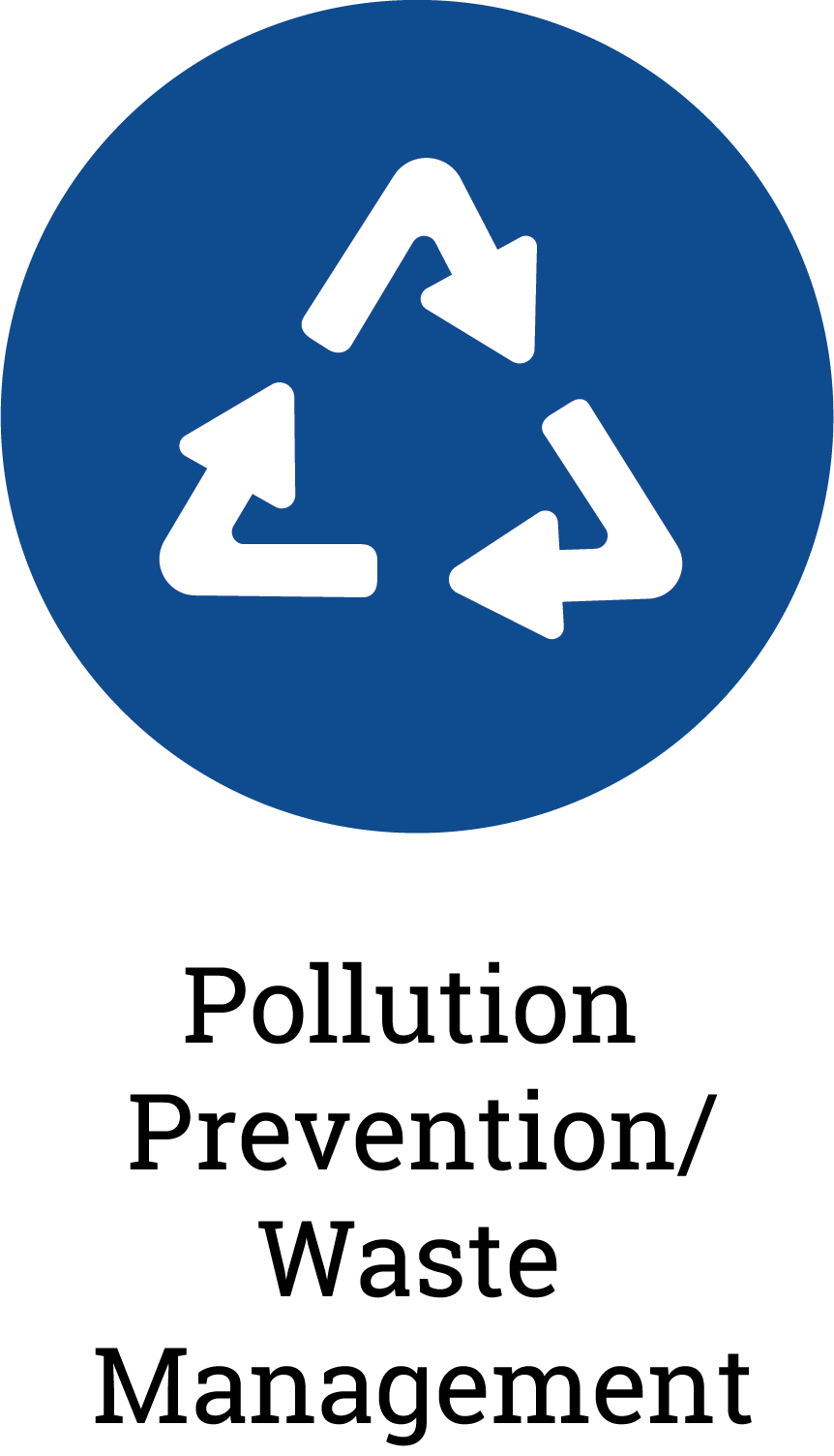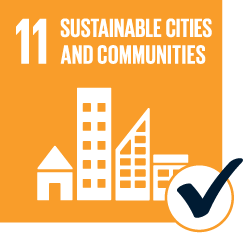Borrower Overview
TriLinc has provided financing to a Waste-to-Fuels Processor that will be converting municipal solid waste (“MSW”) to low carbon jet fuel. TriLinc’s financing will support the development of a patented waste-to-energy technology plant in Mexico. For each new recycling and processing plant constructed, approximately 525,000 tons of MSW feedstock will be converted into 31.5 million gallons of syncrude each year, which will later be converted into renewable jet fuel. Utilizing trash as a feedstock, the company is diverting large volumes of waste from local landfills and reducing greenhouse gas emissions. The quantity of syncrude produced annually would avoid emissions of CO2 by more than 200,100 MT if an equivalent amount of non-renewable fuel was produced using petroleum. Once processed, the syncrude will be transported from Mexican plants to California refineries that pay a high premium for ultra-low carbon syncrude, which is then upgraded to jet fuel, blended, and sold to airports. California’s low carbon fuel standard was adopted in 2009, and was the first low-carbon fuel standard mandate in the world.
The borrower anticipates that the transfer of this technology into the Mexican marketplace will solve a fundamental problem of too much garbage, offer cost savings for waste service providers throughout the growing metropolitan areas, decrease methane emissions from a reduction in landfill cover, reduce carbon emissions through promoting the use of cleaner jet fuel, and create significant employment opportunity for both the construction and operation phases of the feedstock processing and biorefinery facilities.
 |
 |
 |
 |
 |
Market Overview

Mexico is classified as an upper-middle income country by the World Bank.1 From 2010 to 2016, the country averaged an annual GDP growth rate of 3.1%, which is projected to be 2.5% in 2019.2 Mexico’s main exports have traditionally been concentrated in manufactured goods, oil and oil products, silver, fruits, vegetables, coffee, and cotton.3 Conversely, the country’s main imports have been focused in metalworking machines, steel mill products, agricultural machinery, electrical equipment, automobile parts for assembly and repair, aircraft, and aircraft parts.3
Mexico meets TriLinc’s country standards for its performance across relevant growth, stability, and access metrics.4 In 2017, it ranked first across Latin America and the Caribbean on the World Bank’s Ease of Doing Business index.5 As the 2nd largest economy in Latin America and the Caribbean with a GDP of $1 trillion,2 the country benefitted from the roughly $268.1 billion in foreign direct investment that flowed into the region in 2016.6 Although the region experienced a 2016 GDP growth rate of -1.4%, the 2019 GDP growth rate is projected to increase to 2.5%.7
Additional Sustainability & Impact Highlights
- Each recycling and processing plant constructed will produce sufficient renewable electricity resources for the facility’s operations.
- Mexico generates about 99 thousand metric tons of waste per day, translating to about 1.24 kg of waste per person daily, which is expected to rise to 1.75 kg by 2025.8 Further, Mexico currently lacks a comprehensive plan for urban waste collection and management within its growing cities, experiencing numerous failed garbage dump projects since the 1980’s due to corruption, high operating costs, and lack of capital. The borrower’s activities will effectively reduce the amount of landfill space required by waste management companies, thus reducing operational expenses, and lead to a reduction in methane emissions from the decomposition of organic matter.
- Additionally, this waste-to-fuel process has the potential to significantly decrease the usage of corn and sugarcane ethanol that the United States relies on, which will reduce land use. In order to produce the same amount of ethanol from corn as from waste, 3.5 million bushels of corn are required annually.
1The World Bank, World Development Indicators Database, Mexico, 2017. 2The World Bank, World Development Indicators Database, Mexico, 2017. 3CIA, The World Factbook, 2017: Mexico. 4There is no assurance that our investment in this company or this market will be successful. 5The World Bank, Doing Business 2018, Reforming to Create Jobs, 2017. 6The World Bank, Data, Latin America & Caribbean, 2017. 7World Bank, Global Economic Prospects, January 2018. 8The World Bank, What a Waste- A Global Review of Solid Waste Management, 2012.
The above information is as of the initial date of investment: October 26, 2017.
RISK FACTORS
There is no guarantee that TriLinc’s investment strategy will be successful. Investment in a non-listed LLC involves significant risks including but not limited to: ownership is restricted; no secondary market; limitation on liquidity, transfer and redemption of ownership interest; distributions made may not come from income and, if so, will reduce the returns, are not guaranteed and are subject to management discretion. TriLinc selects investments and conducts operations on behalf of its clients, and will face conflicts of interest. Investment with TriLinc is not suitable for all investors. Securities Offered through CommonGood Securities, LLC, a member of FINRA and SIPC.
An investment with TriLinc carries significant fees and charges that will have an impact on investment returns. Information regarding the terms of the investment is available by contacting TriLinc. This is a speculative security and, as such, involves a high degree of risk. Investments are not bank guaranteed, not FDIC insured and may lose value or total value. Some investments may have been made in an investment vehicle that is no longer open for investment. The highlighted investment may or may not have been profitable. There is no guarantee that future investments will be similar.
Want to learn more? Contact Us.
